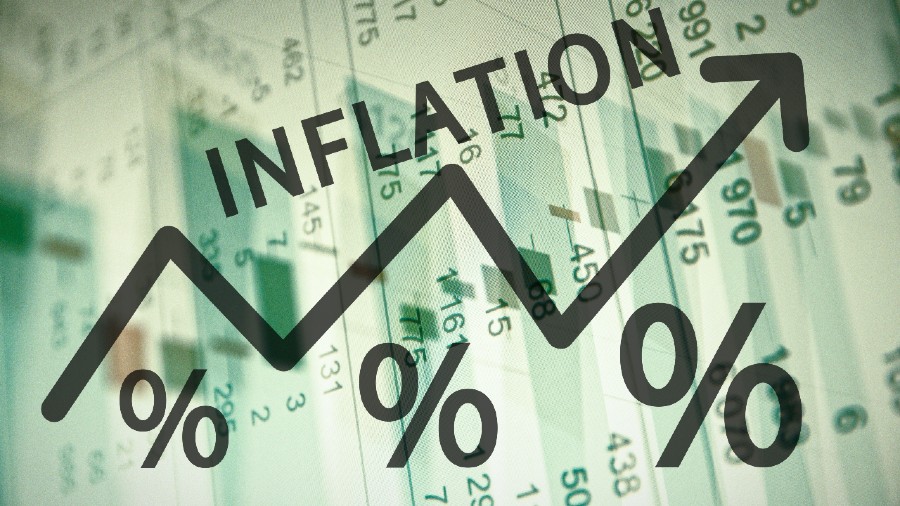The latest official data on inflation in the Indian economy are disturbing in their implications. Wholesale inflation — measured by the wholesale price index — in May 2021 was 12.94 per cent compared to a negative 3.37 per cent one year ago. Retail inflation — measured by the consumer price index — for May 2021 was 6.30 per cent. This rate has breached the Reserve Bank of India’s tolerance corridor of 2-6 per cent. The recent spurt in rising prices has been triggered by fuel and food items, including petrol, diesel, pulses and vegetables. Globally, the prices of crude oil and commodities are rising. On top of spiking global crude oil prices, the Government of India is unrelenting in persisting with high taxes on petrol and diesel. Fuel prices have crossed Rs 100 per litre in many states. With the rise in the demand for dollars to foot the fuel import bill, the rupee has been depreciating. These trends have consequences for present growth as well as for future recovery rates that will help pull the economy out of a recessionary slowdown.
If the RBI is not to throw inflation-targeting out of the window, it has to change its monetary policy stance sooner than later. It might be compelled to raise policy rates and inject less liquidity into the economy. Credit costs will start pushing northward and, hence, have an adverse effect on investments as well as on the government’s fiscal borrowing requirements. If it does not respond to inflationary pressures, then high rates of inflation would reduce the real incomes of consumers, which will have a decelerating effect on the growth of consumer demand. During the past one year, nominal incomes have fallen for the vast majority of Indians. A further round of inflation can have devastating effects on aggregate demand. This, in turn, would worsen the push required to have a sustained recovery. One way out of this dilemma would be if retail fuel prices were to be reduced by a cut in the Central tax. That would keep inflation below 6 per cent and the RBI could focus on accommodative credit growth for restoring supply chains. The Central government appears rigid in its position on fuel taxes. The need of the hour is for the RBI to have a deep conversation with the finance ministry and sort things out. Investors and producers also need to know which playbook will be used. Unfortunately, it appears that policy transparency is not something that the current government feels very comfortable about.











